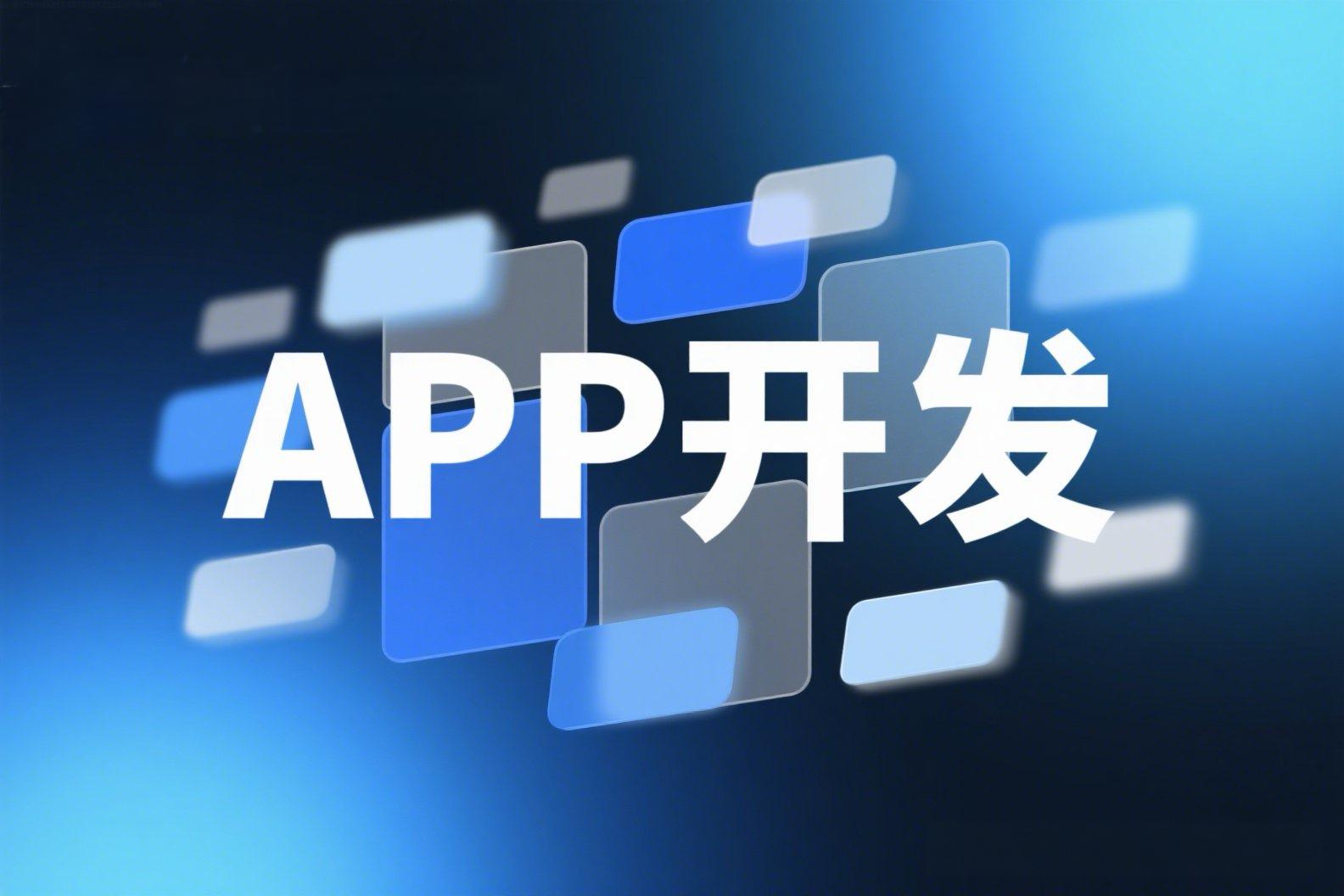In Xi'an's software development market, many enterprises or individuals often fall into misunderstandings due to lack of experience when launching projects. This article combines practical cases to summarize four major "pitfalls" that need to be avoided, helping you advance software development more rationally.
在西安的軟件開發市場中,許多企業或個人在啟動項目時,常因缺乏經驗而陷入誤區。本文結合實際案例,總結出4個需要重點規避的“大坑”,幫助您更理性地推進軟件開發。

The first pitfall: Blindly pursuing custom development and ignoring the value of template systems
Many software demanders in Xi'an believe that "custom development = fully meeting needs", but overlook the hidden advantages of template systems. Mature template software, after multiple iterations, often boasts better stability and practicality. Especially when some development teams lack experience, leading to frequent system crashes during use, choosing templates can not only reduce costs by 60-70%, but also provide better user experience after launch due to the integration of mature functions in templates.第一坑:盲目追求定制開發,忽視模板系統價值
許多西安的軟件需求方認為“定制開發=完全貼合需求”,卻忽略了模板系統的隱藏優勢。成熟的模板軟件經過多版本迭代,穩定性與實用性往往更優,特別是部分開發團隊經驗不足,導致系統在使用中容易頻繁崩潰,選擇模板的情況下,不僅成本降低60-70%,且因模板已集成成熟的功能,上線后用戶體驗更佳。Custom development is suitable for scenarios with highly personalized functions and no mature solutions in the industry; if the demand belongs to general types (such as mall, OA office), prioritizing market-validated template systems can significantly reduce trial-and-error costs.
定制開發適合功能高度個性化、行業無成熟方案的場景;若需求屬于通用類型(如商城、OA辦公),優先選擇經過市場驗證的模板系統,可大幅降低試錯成本。

The second pitfall: "One-size-fits-all" approach in choosing between APP and mini-programs
"APP offers better experience, so we must develop an APP" is a common misunderstanding in Xi'an's software development. The advantage of APPs lies in user stickiness and functional depth (such as gaming and social apps), but for low-frequency scenarios, the "use-and-go" feature of mini-programs better aligns with user habits. For example, for home cleaning and meal ordering software, users prefer mini-programs. Specifically, for home cleaning software, users use mini-programs while cleaning staff use APPs. The combination of APPs and mini-programs helps maintain users.第二坑:APP與小程序選擇“一刀切”
“APP體驗更好,一定要做APP”是西安軟件開發中常見的誤區。APP的優勢在于用戶粘性與功能深度(如游戲、社交類應用),但面對低頻場景時,小程序“即用即走”的特性更符合用戶習慣。比如:家政保潔和點餐類軟件,用戶更希望使用小程序,特別是家政軟件,用戶使用小程序,而保潔阿姨使用APP,APP和小程序搭配對用戶進行維護。For high-frequency scenarios requiring deep interaction (such as education and fitness), prioritize APPs; for low-frequency, tool-type scenarios (such as meal ordering, query, and home cleaning), prioritize mini-programs, with APPs developed as supplements.
高頻、需要深度交互的場景(如教育、健身)優先APP;低頻、工具類場景(如點餐、查詢、家政)優先小程序,可同步開發APP作為補充。

The third pitfall: "Front-heavy, back-light" budget planning and ignoring long-term costs
Some companies in Xi'an often make the mistake of allocating all budget to initial development while failing to reserve funds for maintenance and promotion. After software launch, server leasing, function iteration, and security maintenance are all ongoing expenses. For example, after APP launch, expenses include internet information flow promotion, server maintenance, and labor costs, with total investment far exceeding expectations.第三坑:預算規劃“頭重腳輕”,忽視長期成本
西安部分公司,在軟件開發中常犯的錯誤是:將預算全部投入初期開發,卻未預留維護、推廣費用。軟件上線后,服務器租賃、功能迭代、安全維護等均為持續支出。比如APP上線后要進行互聯網信息流等的推廣、服務器維護的費用、人工的費用等等,總投入遠超預期。Key planning points: Before development, clarify that "total budget = development fee (30%-50%) + maintenance fee (20%-30%) + promotion fee (30%-40%)", and reserve 10%-20% emergency funds to avoid project stagnation due to funding shortages.
規劃要點:開發前需明確“總預算=開發費(30%-50%)+維護費(20%-30%)+推廣費(30%-40%)”,并預留10%-20%的應急資金,避免因資金斷裂導致項目停滯。

The fourth pitfall: Pursuing "perfect launch" and missing market windows
"The functions must be 100% complete before launch" is the most dangerous misunderstanding in Xi'an's software development. Market changes are much faster than imagined. The key is to quickly verify core functions through software use and then iterate based on user feedback, avoiding losing market feedback to competitors.第四坑:追求“完美上線”,錯過市場窗口
“功能必須100%完善再上線”是西安軟件開發中最危險的誤區。市場變化速度遠比你想象的要快,軟件開發需要做到快速驗證核心功能,再根據用戶反饋迭代才是關鍵,避免被同行搶占市場反饋!Correct strategy: Adopt the "Minimum Viable Product (MVP)" model, prioritize developing core functions (such as chatting and posting for social APPs), and adjust based on user data (such as usage frequency, active events, and demand feedback) after launch to avoid "building in isolation".
正確策略:采用“最小可行產品(MVP)”模式,優先開發核心功能(如社交APP的聊天、發布),上線后通過用戶數據(如使用頻率、活躍事件、需求反饋)等方向調整,避免“閉門造車”。

 news-Shaanxi Chuangling Software Co., Ltd. - Specializing in professional software development, offering customized solutions for software development, IT services, web development, and mobile app development.
news-Shaanxi Chuangling Software Co., Ltd. - Specializing in professional software development, offering customized solutions for software development, IT services, web development, and mobile app development.